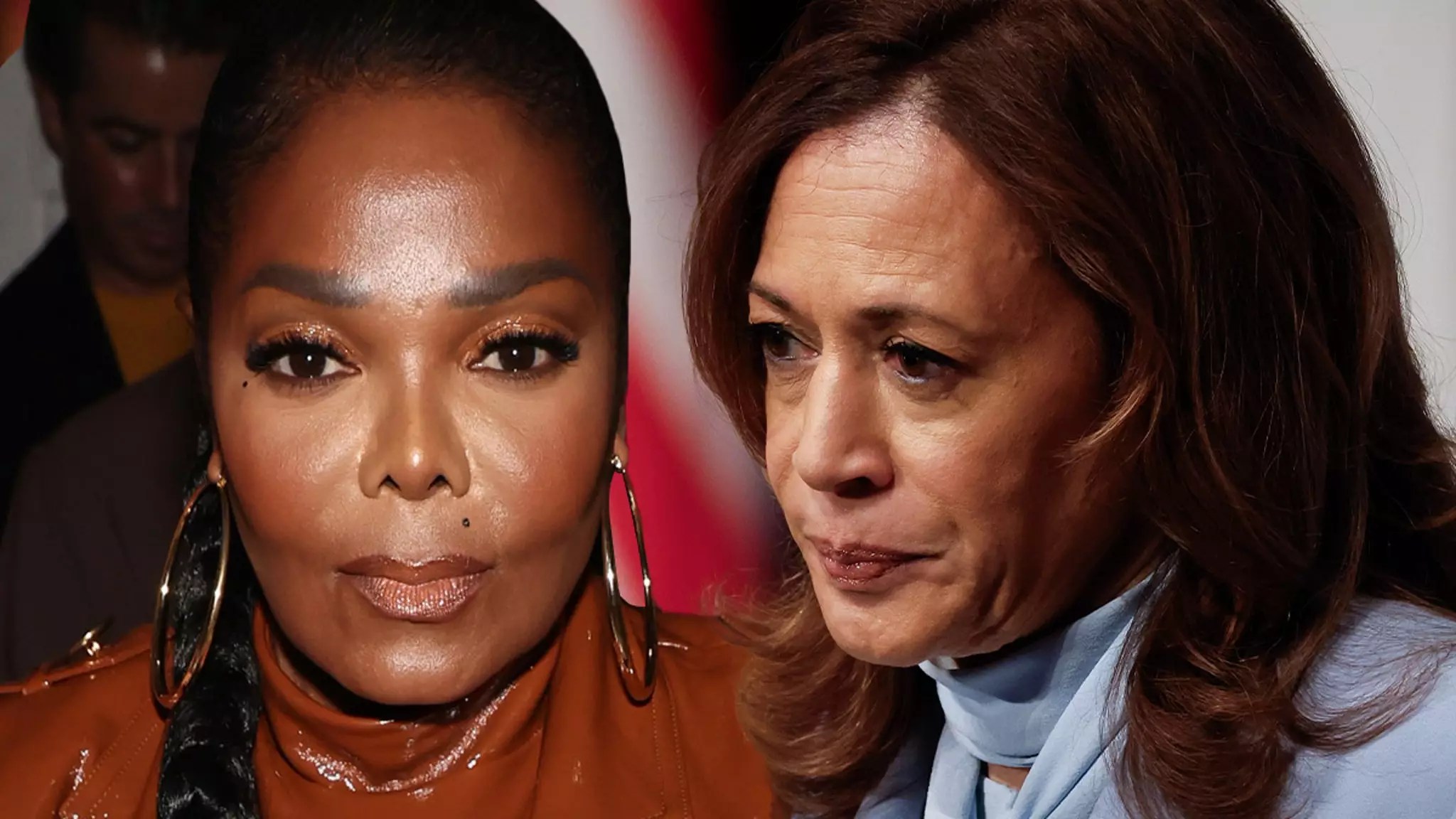In a recent interview with The Guardian, pop icon Janet Jackson stirred controversy by echoing remarks allegedly made by former President Donald Trump regarding Vice President Kamala Harris’s racial identity. The claims suggest that Harris, who identifies as Black and Indian, may not actually be Black at all. This assertion raises crucial questions about racial identity, the impact of public figures on the perpetuation of misinformation, and the broader implications for discussions around race in America.
During the interview, Jackson expressed skepticism about Harris’s racial heritage, stating, “I heard KH isn’t actually Black … and, instead she’s Indian.” This comment closely mirrors Trump’s previous assertions made during the National Association of Black Journalists Annual Convention, where he suggested that Harris had “turned Black” for political gain, implying her Indian heritage was her true identity until it served her interests to present as Black. Trump’s remarks received backlash for their absurdity and insensitivity, yet Jackson’s comments reinvigorate these misguided narratives.
It’s essential to analyze the nature of these claims critically. Harris’s racial identity is not merely a matter of heritage or public perception; it is a deeply personal aspect of her life. She identifies as Black and Indian, and her mixed-race background is part of her story rather than a mere political strategy. Janet’s comments, devoid of factual basis, risk adding to the hazy landscape of racial discourse that often oversimplifies complex identities.
Celebrities like Janet Jackson wield significant influence in shaping public opinion. When someone of her stature questions another public figure’s racial identity, it can lend credence to misconceptions and fuel divisive narratives. The problem of celebrity endorsement of conspiracy theories isn’t new; it reflects broader societal issues where misinformation can spread rapidly, often outpacing factual corrections and nuanced discussions.
Further complicating this issue is the lack of context in Jackson’s claims. She stated, “Her father’s white. That’s what I was told,” a remark that reinforces the myth that a single racial or ethnic marker is sufficient to define a person’s identity. This oversimplification not only mischaracterizes Harris’s multiracial identity but also disregards the lived experiences of countless individuals who navigate similar complexities in their own lives.
The conversation around Kamala Harris’s racial identity, particularly when popularized by influential figures like Janet Jackson, underscores an urgent need to embrace the complexities of racial identities in America. Instead of reducing individuals to reductive labels based on partially understood heritage, society must advocate for a deeper understanding of the multifaceted nature of identity. It is crucial for both public figures and citizens to approach these discussions with sensitivity, encouraging a dialogue that recognizes and respects the diverse backgrounds that contribute to individual identities.
As the political landscape evolves, understanding the implications of such statements becomes even more critical. Misinformation and stereotypes can complicate the path towards genuine inclusion and understanding, reinforcing harmful divisions rather than promoting unity in the face of diversity.







Leave a Reply